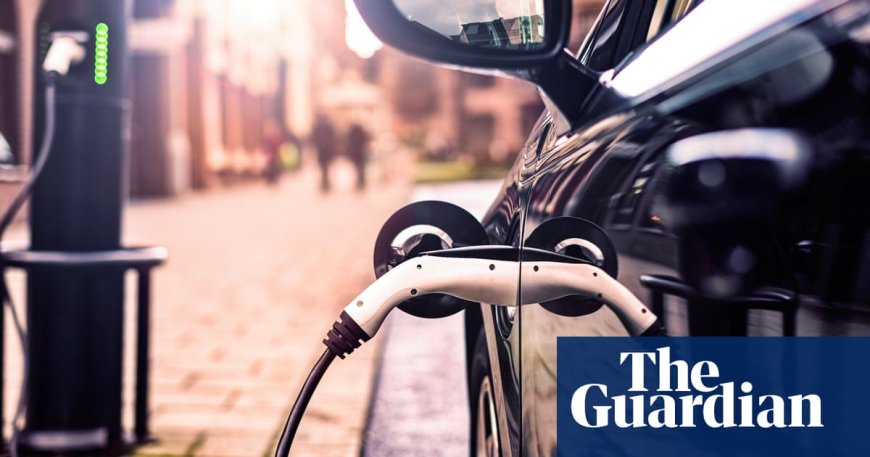English councils urged to install pavement gullies for home charging of electric cars
Local councils in England are being encouraged to set up pavement gullies connecting houses to the kerbside for electric car owners without driveways to charge their vehicles at home. The government scheme aims to prevent cables running across pavements in areas where off-street parking is limited.

Local councils in England are being encouraged to install pavement gullies that connect houses to the kerbside, allowing electric car owners without driveways to charge their cars from home.
The government initiative aims to eliminate cables running across pavements in areas where off-street parking is limited. The Department for Transport will allocate £25m for 'cross-pavement' charging, which involves a narrow cable channel with a cover.
Additionally, the government will permit signage for public chargers on motorways and A-roads, and will fund 1,200 charge points for the NHS, including ambulances, to promote electric vehicle adoption.
Access to chargers is crucial in encouraging the switch to electric cars, especially for the 9.3m households without off-street parking. Home charging is more cost-effective due to lower VAT on electricity compared to public chargers.
While the £25m fund for charger gullies is modest, widespread adoption by councils could benefit tens of thousands of drivers. Many councils have already implemented cross-pavement charging, but some have concerns about trip hazards and maintenance costs.
Charger gullies typically cost a few hundred pounds, with total installation expenses around £1,000. Companies like Kerbo Charge, Pavecross, and Gul-e offer such products.
Michael Goulden, co-founder of Kerbo Charge, praised the government's recognition of cross-pavement charging's importance in promoting EV adoption among those without driveways.
Public charging limitations are a significant barrier to EV adoption in urban areas, with some rapid chargers costing more per mile than petrol, according to Goulden.
The change in signage rules has been welcomed by charging companies like InstaVolt, who see it as a crucial step in boosting consumer confidence and EV adoption.
Delvin Lane, CEO of InstaVolt, believes the UK's public EV infrastructure is well-established and hopes the new signage will make it more visible and accessible to drivers.
What's Your Reaction?
 Like
0
Like
0
 Dislike
0
Dislike
0
 Love
0
Love
0
 Funny
0
Funny
0
 Angry
0
Angry
0
 Sad
0
Sad
0
 Wow
0
Wow
0



















































































































































































